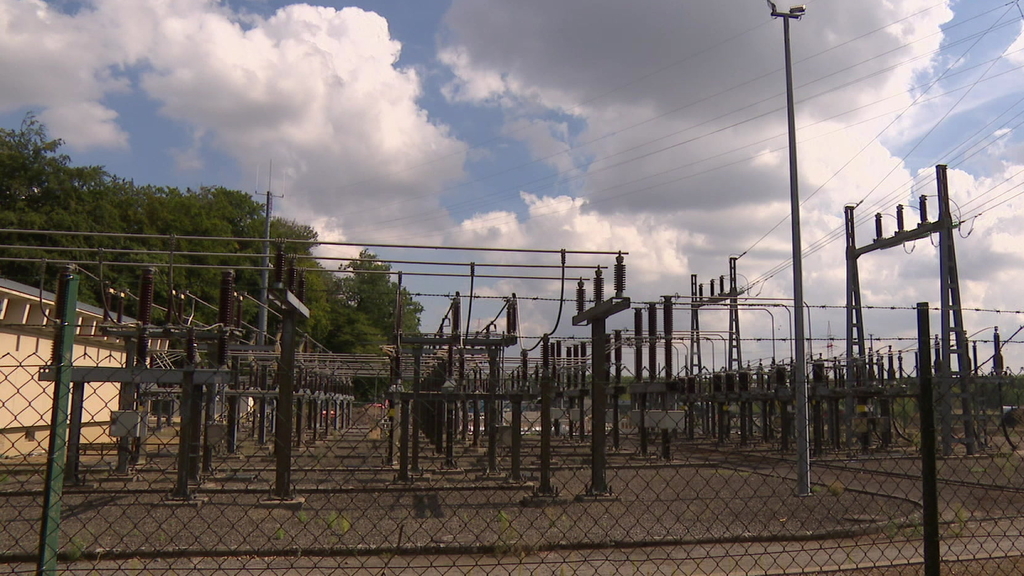As millions on the Iberian Peninsula faced power chaos this week, Luxembourg MPs pressed the government to explain how the Grand Duchy would prevent and manage similar large-scale blackouts.
A widespread power outage struck Spain, Portugal, and parts of France on Monday, crippling infrastructure and disrupting daily routines. The failure left residents without electricity, halted public transport, and severed internet connectivity. While authorities continue investigating the cause, preliminary reports suggest no evidence of a cyberattack.
Firsthand account from Luxembourg national in Lisbon
Samuel Gonçalves, a Luxembourg electrician visiting Portugal for a motorcycle tour, described the sudden chaos to our colleagues from RTL.lu. When the entire region went dark, he immediately recognised this was a major system failure, he recalled. The outage disabled traffic signals, toll stations, and public transit, creating gridlock as stranded commuters filled the streets.
Despite a heavy police presence directing traffic, official communications were minimal. Officers primarily urged calm as businesses emptied – emergency lighting in stores proved insufficient to sustain operations.
Gonçalves, drawing on his professional expertise, prioritised securing water access, noting backup generators had limited runtime. Power remained out from 11.30am until 9pm, when officials announced gradual restoration, much to the relief of the population.
Luxembourg power grid is resilient, says energy minister
Tuesday’s parliamentary questioning session also quickly turned to energy security as multiple Luxembourg MPs raised concerns about grid resilience and public communication protocols. Legislators emphasised the incident’s demonstration of how severely such events could disrupt daily life.
Minister of Energy Lex Delles assured parliament that contingency plans exist but are continuously refined, citing ongoing grid expansion and reserve capacity projects.
In a major outage, a crisis unit would immediately activate to coordinate between Creos, the national grid operator, the Grand Ducal Fire and Rescue Corps (CGDIS), and police while mobilising backup systems. Detailed protocols exist for Creos to establish communication channels with affected residents.
Delles highlighted Luxembourg’s unique advantages, including cross-border cooperation with neighbouring countries for emergency support. He specifically noted the critical role of the Vianden pumped-storage plant, which provides the Grand Duchy with the capability to independently restart its power supply without relying on external networks.
